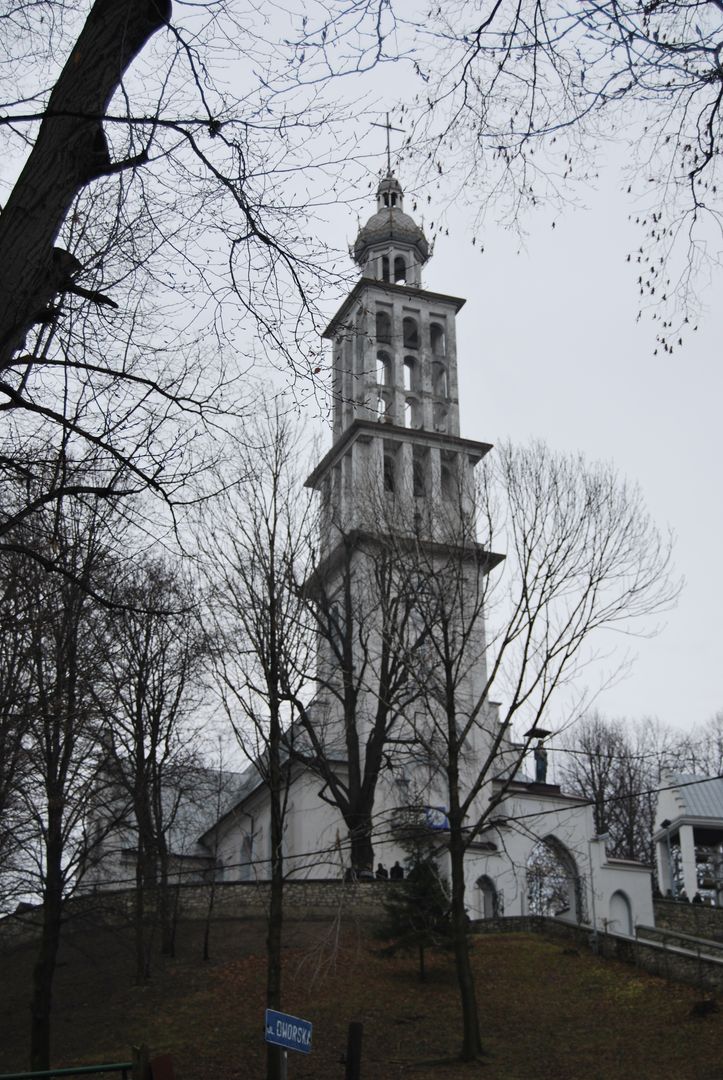Płoki
6.16

Overview
Płoki is a village in the Lesser Poland Voivodeship, within the Chrzanów County, whose history dates back to the 13th century. Documents from 1324 mention Tyło of Płoki, the owner of a manorial farm. The village also had a parish, established in 1326. In the Middle Ages, Płoki belonged to the Kraków Land, and its owners changed over the years, including members of the Balic family and castle governors. In the 16th century, the locality developed agriculturally, with the cultivation of grains and the rearing of cattle and pigs. During the partitions of Poland, Płoki became part of the Tęczyn County, and its properties changed hands multiple times, including among the Lewartowski and Rath families. After World War I, newly established cooperative organizations began to improve the village's economic situation. Płoki is distinguished by its wooden church, which underwent renovations and expansions in the 20th century, and is a site of devotion to the Passion of Christ. In 1946, the parish priest Michał Rapacz was murdered, highlighting the difficult times in the village's history. In 1977, Płoki was incorporated into the Trzebinia municipality, and its status as a sołectwo (village administrative unit) reflects the administrative changes that took place after 1945. Today, Płoki is a blend of historical tradition and modernity, making it an interesting destination for history and culture enthusiasts.
Location
2026 Wizytor | All Rights Reserved